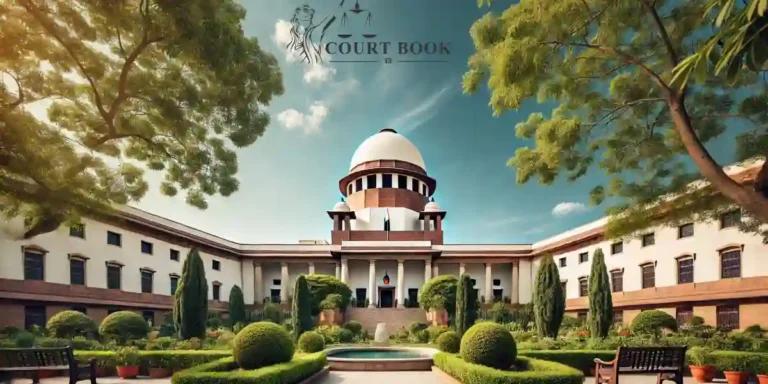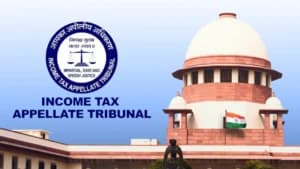The Supreme Court has reaffirmed that an allegation of misuse of authority alone does not justify a presumption of corruption under Section 20 of the Prevention of Corruption Act, 1988 (PC Act). The court emphasized that for such a presumption to arise, there must be clear evidence of both the demand and acceptance of illegal gratification.
The ruling was delivered in the case of Dileepbhai Nanubhai Sanghani vs. State of Gujarat & Anr., where the appellant, a former minister in the Gujarat government, was accused of granting fishing contracts without following the tender process. This, the prosecution argued, caused financial losses to the state exchequer.
The bench comprising Justices Sudhanshu Dhulia and K Vinod Chandran examined the case and determined that the presumption under Section 20 of the PC Act cannot be applied in the absence of concrete proof of bribery. The judgment stated:
“Unless proof is offered to the satisfaction of the Court that there is a demand and acceptance of illegal gratification, the presumption would not arise. The presumption under Section 20 of the Act cannot arise on the mere allegation of a demand and acceptance of illegal gratification as rightly pointed out by the appellant.”
The judgment highlighted that allegations of policy violations or procedural irregularities do not automatically amount to corruption unless linked to bribery.
Case Background
The appellant was accused of deviating from government policy by allotting fishing contracts without a tender process. The complainant, a fish trader, approached the High Court, challenging the allocation, which was subsequently quashed. However, the appellant was charged under various provisions of the PC Act, alleging that the contracts were awarded in exchange for illegal gratification.
Before the Supreme Court, the appellant contended that the prosecution had failed to establish any direct evidence of bribery. He argued that the mere misuse of authority does not equate to corruption unless there is proof of a demand and acceptance of bribes.
The Supreme Court referred to its previous ruling in Neeraj Dutta v. State (2022 LiveLaw SC 1029), which emphasized that proof of demand and acceptance of illegal gratification is essential for an offense under the PC Act. The court reiterated:
“We accept the contention raised by the appellant that there is not even an iota of material available from the investigation report, the pre-charge statements recorded from the complainant or the police officers or even the statements of persons questioned by the investigation team, as available in the report, to attract the ingredients of the provisions under the Prevention of Corruption Act.”
The Supreme Court noted that the investigation report lacked any substantial evidence against the appellant. The report primarily contained allegations of policy violations rather than direct proof of bribery. It was observed that the contracts were allotted at an upset price, which was meant to benefit marginalized communities, as per the policy approved by the Cabinet and the Chief Minister.
“The investigation report speaks only of an allegation of misuse of authority, without any allegation of demand and acceptance of bribe as against the appellant.”
The court clarified that the prosecution’s case rested solely on the deviation from the prescribed tendering process, which in itself does not suffice to establish corruption under the PC Act.
The court concluded that in the absence of evidence proving the demand and acceptance of bribes, the presumption of corruption cannot be applied. The appeal was allowed, and the proceedings against the appellant were quashed.
This ruling underscores the fundamental principle of criminal jurisprudence that allegations must be backed by concrete evidence. The judgment reinforces the requirement of proving bribery beyond a mere procedural lapse to establish corruption charges.
Case Title: Dileepbhai Nanubhai Sanghani Versus State of Gujarat & Anr.















